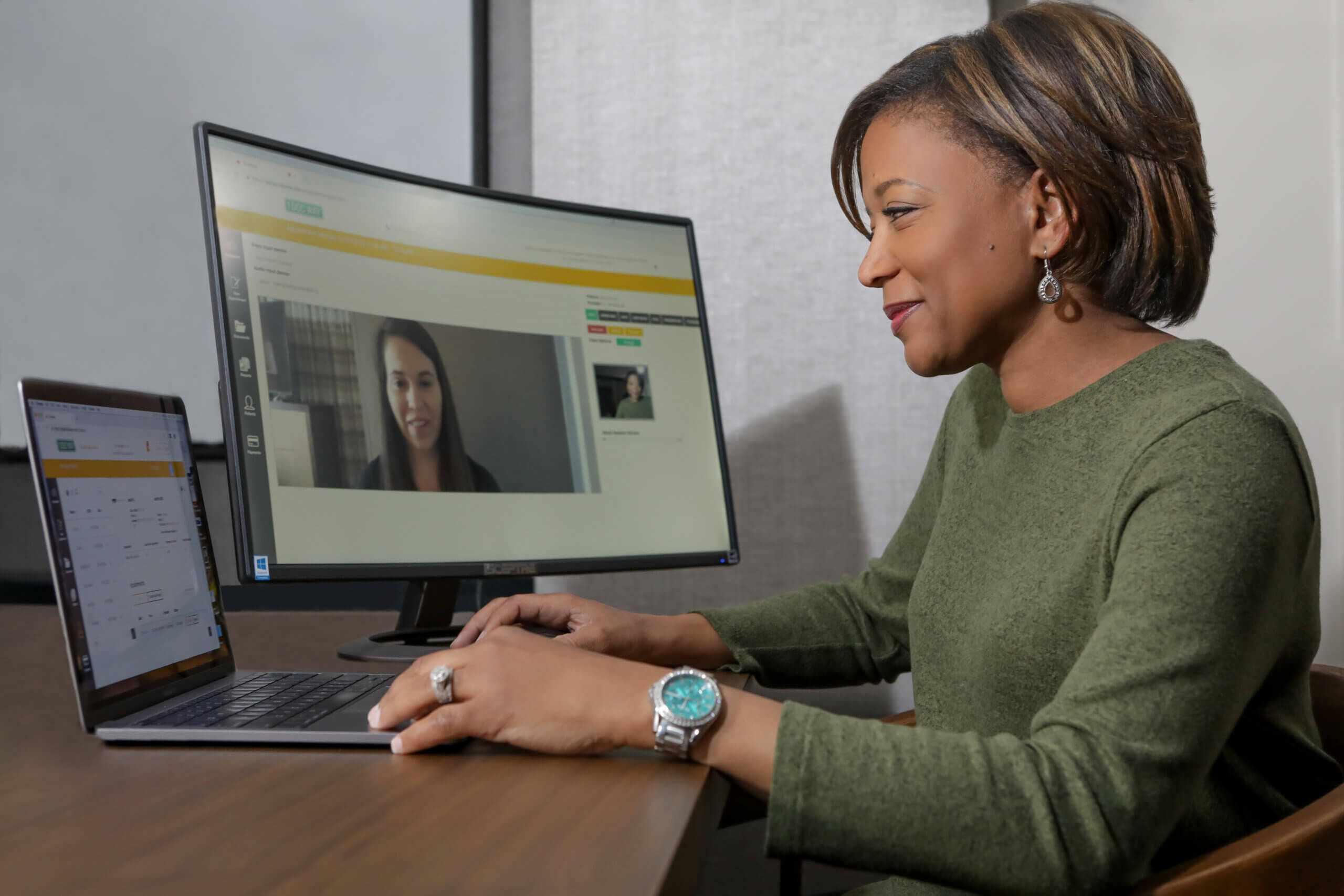How Genoa is Helping with This Shift
Medication home delivery increased significantly in first five months of pandemic as patients stay home
RENTON, Washington (July 6, 2020) – Nearly nine out of 10 community mental health centers are using telehealth to provide the majority of their care to patients during the COVID-19 crisis, according to a Genoa Healthcare survey of its 531 pharmacies whose facilities are integrated within behavioral health centers across the country.
With a focus on ensuring consumers have needed access to health care, Genoa has continued operations at nearly all of its sites throughout the crisis, even when clinics have had to limit services temporarily due to the pandemic. To accommodate social distancing guidelines and the shift to telehealth, Genoa increased medication home delivery and offered curbside pickup to ensure consumers receive their medications on time.
“Access to behavioral health care, including pharmacy services, is not optional for people with severe mental health conditions and substance use disorders,” said Genoa Healthcare CEO Joe Douglas. “Fortunately, we’re seeing providers pivot very quickly to ensure consumers continue receiving the care and medications they need to stay healthy.”
Key findings of the survey conducted June 19-29 at pharmacies in 47 states and the District of Columbia include:
- 88% of clinics delivered care remotely and providers delivered an estimated 78% of their care through telemedicine.
- 91% of clinics were operating, but many were restricting in-person visits to essential services, including emergency mental health and substance use disorder services and injections, to support the safety of clinicians and health care workers providing care on the front lines.
- Psychiatry (94%) and individual therapy (72%) were the most common services provided by centers through telehealth, followed by group therapy (25%), primary care (23%) and medication-assisted treatment for substance use disorder (22%).
- Clinics relied on the phone (91%) and web-based telemedicine platforms (80%) as primary means of contacting patients who were not physically coming to the clinics for treatments. Clinics also used home visits (19%), email (18%), text (12%), social media (6%) and newsletters (5%) to communicate with patients.
In addition, 78% of Genoa Healthcare pharmacies reported they were offering medication curbside pick-up – a new offering for the organization – and internal data showed Genoa’s medication home delivery increased by 54% over the first five months of COVID-19.
“While we expect the situation to continue to evolve, we continue to focus on protecting consumers’ access to safe and effective medications,” Douglas said. “I’m proud to say that we have been able to maintain our high level of service because of the commitment of our pharmacy teams and clinic partners on the front lines.”
To contact Genoa Healthcare for more information about this survey, please email Lida Poletz at [email protected].





